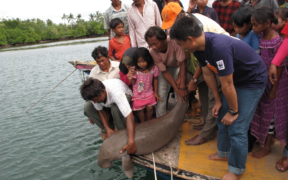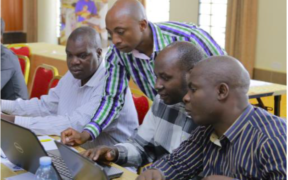Tag:
multisectoral approach

Quick Read
Practitioners Weigh In on the Impact of PHE Networks
May 25, 2022
In March 2021, Knowledge SUCCESS and Blue Ventures, a marine conservation organization, collaborated on the second in a series of community-driven dialogues on People-Planet Connection. The goal: to uncover and amplify the learnings and impact of five national PHE networks. Learn what network members from Ethiopia, Kenya, Madagascar, Uganda, and the Philippines shared during the three-day dialogue.
chat_bubble0 Comment
visibility12507 Views

In-Depth
A Multisectoral Approach to Addressing Women’s Barriers to Family Planning: How the APC Project Did It in Uganda
April 10, 2020
USAID’s Advancing Partners & Communities (APC) project in Uganda implemented a multisectoral approach to family planning. What lessons from APC’s work can be applied to similar future efforts?
chat_bubble0 Comment
visibility19335 Views













